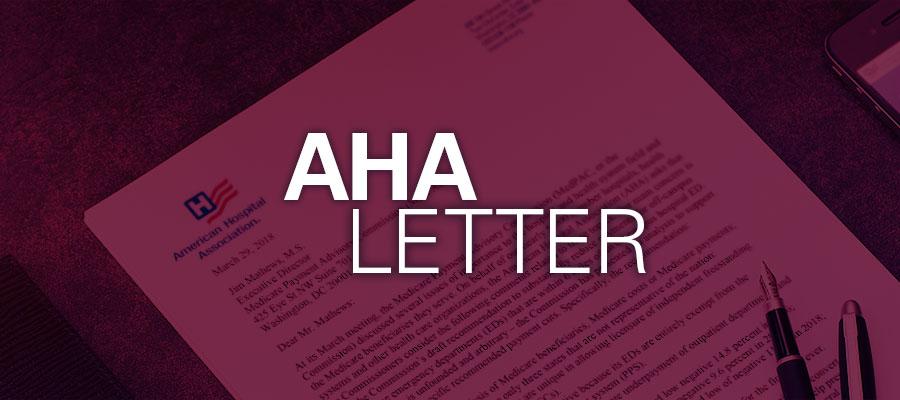AHA raises concerns with prototype PAC payment model

AHA today raised “substantial concerns” with the prototype payment model that the Centers for Medicare & Medicaid Services, Department of Health and Human Services Assistant Secretary for Planning and Evaluation, and RTI International are developing for the new unified post-acute care prospective payment system required by the Improving Medicare Post-Acute Care Transformation Act of 2014.
“In particular, we are not confident that the eventual prototype will be capable of yielding accurate payments for the full array of patients treated across the four PAC settings,” AHA wrote, imploring CMS, ASPE and RTI to address its questions, issues and concerns at the next meeting of the RTI Technical Expert Panel.
The letter enumerates multiple gaps in the methodology used thus far to build the new PAC payment prototype.
“If some portion of these design challenges is found to be insurmountable, or cannot be adequately mitigated, our current ask of Congress to reconsider and refine the IMPACT Act timeline related to PAC PPS development would become even more urgent,” AHA said.

